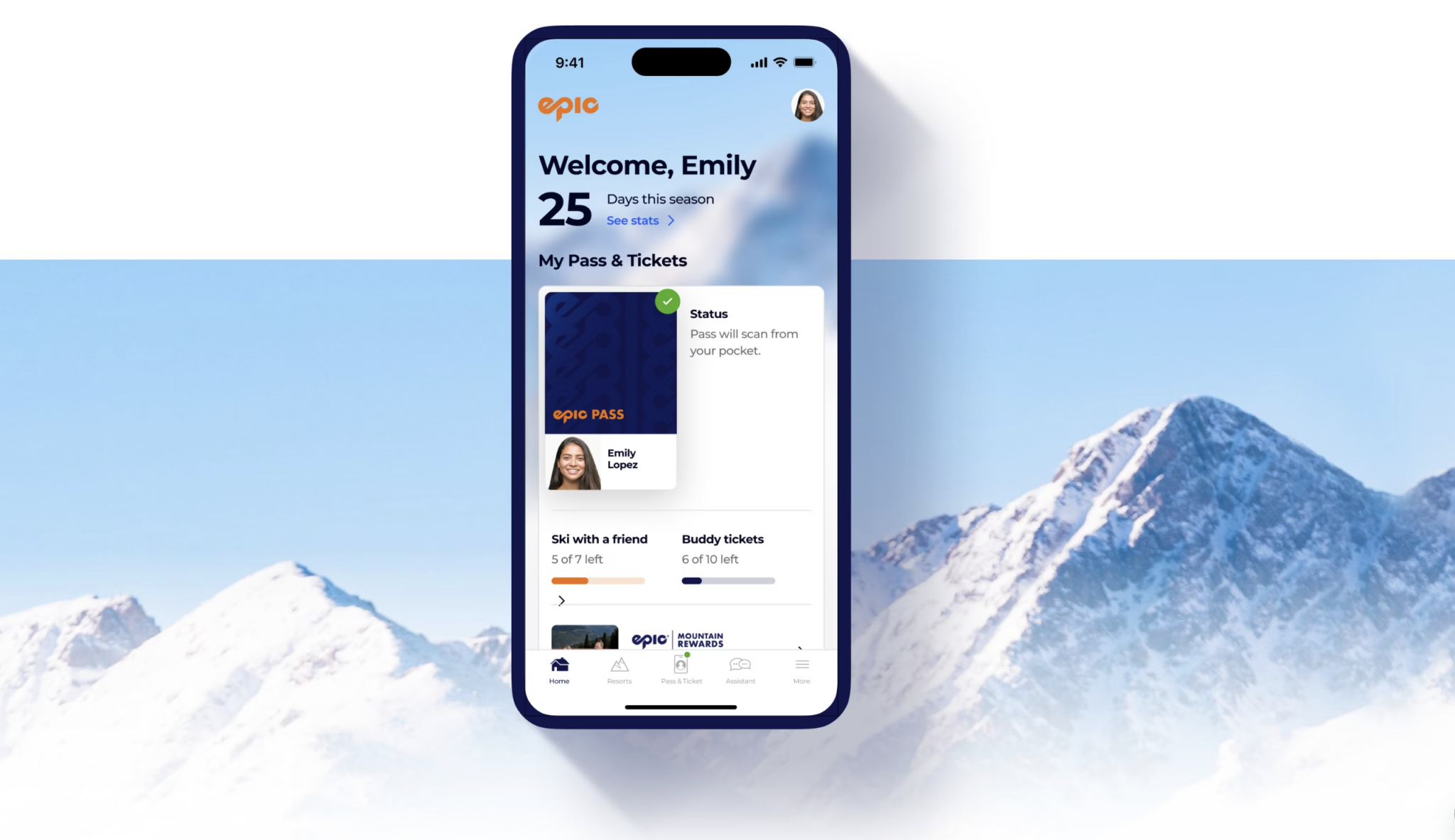Expedia Pulls Vrbo Rental Listings From Google to Drive More Direct Traffic

Skift Take
Expedia Group anticipates that consumers will return to booking travel in large numbers over time, and it aims to make the most of that in a phased marketing plan. The company is focusing on making the most of that effort by building up its own brands rather than others, like Google.
Executives believe the alternative accommodations sector will continue to see more strength relative to other travel products in the near term. So the first phase of its marketing plan will involve a modest blitz around Vrbo, its vacation rental brand that’s strong in North America, and its other vacation rental brands that are strongest in their respective markets, such as its Stayz brand in Australia.
“In that vein, we have actually removed Vrbo from Google’s vacation rental meta product,” said Peter Kern, the vice chairman and CEO of Expedia Group, when discussing earnings results with investment analysts on Thursday. “It was not a particularly critical piece of our business, and it was not adding value.”
“Our focus is, as much as possible, on driving direct traffic, driving incremental profitability from all our performance marketing, and, as we see an opportunity to remove unprofitable activities, we do that,” Kern said. “As we leg back into a more normal market, we think we’ll be able to drive more into the upper funnel, more direct traffic, and be much more calculated in performance marketing.”
The decision to pull its most popular travel content out of Google’s vacation rental search unit, or module that contains non-monetized listings, appeared to be an effort to help build its brands rather than help out Google, a potential rival.
The move was the latest blow to Google’s travel search, which has become unrecognizable as advertising has dried up.
“We didn’t find investment in Google’s vacation rental product to be particularly incremental,” Kern said. “We didn’t think the customer experience was particularly valuable. And we are, of course, also in a period where we’re seeing great direct traffic for Vrbo. So we found other ways and, in our view, more profitable ways to drive traffic.”
Expedia Plans New Marketing Campaign
In the spring, Expedia Group will follow up on the modest marketing blitz for Vrbo by rolling out a new campaign for its flagship Expedia online travel agency brand. The message will be that Expedia is the place to book “the complete trip.”
Kern said Expedia “has not sufficiently landed” the message that it’s a good place “to book multiple things” and “more complex trips.”
“We are also intending to drive alternative accommodations through our OTA [online travel agency] brands,” Kern said. “We’ve been saying that for a long time. We are now highly focused on doing it. It’s not ready to roll yet. The consumer experience is not yet where we want it, but we are highly focused on driving that in the future. And that will be the way we attack markets where we don’t have an existing Vrbo or another alternative accommodation brand.”
Expedia Group executives want to prepare their marketing efforts to take advantage of any rebound that may happen as the worldwide vaccine rollout continues. They are desperate for any escape from the bleak financial numbers they reported last year.
In the fourth quarter of 2020, Expedia’s revenue fell 67 percent year-over-year to $920 million. The company generated a loss of $376 million, compared to having recorded $185 million of adjusted net income (a measure of profit) in the same period in 2019.
Lodging accounted for 86 percent of the group’s worldwide revenue.
Expedia-controlled Trivago had a disappointing quarter, too. Its revenue was down 78 percent, year-over-year, to $38 million. (See our Trivago earnings coverage.)
Vrbo Is a Bright Spot
One bright spot was that Expedia Group and the lodging industry were able to hold some pricing power. The company saw a 6 percent increase in revenue per room night. That trend partly reflected that Vrbo, the group’s vacation rental unit, enjoyed higher average revenue per room night than the rest of the group’s lodging business.
Many stock analysts have eagerly looked for signs Expedia Group might spin out its Vrbo unit. But many industry observers are skeptical that will happen. (Skift Pro subscribers can read our analysis: Dennis’ Online Travel Briefing: Airbnb’s Blockbuster IPO May Tempt Barry Diller to Spin Off Vrbo From Expedia.)
A few stock analysts believe Vrbo may have more underlying strength than today’s numbers reflect.
When Airbnb went public late last year, Airbnb touted how, in 2019, 69 percent of its revenue came from repeat customers who had already booked at least once within the past year. Executives said that showed the power of its brand even without a loyalty program.
Yet that strength may not be as impressive as it first looks. Earlier this month, a survey of 1,000 travel shoppers by analysts at securities firm Wedbush found positive signs.
“Surprisingly, there is no evidence that Airbnb users are any more likely to remain loyal to the brand than those using other booking sites,” Wedbush said of its survey. “In fact, among our respondent group, 76 percent of users who have booked with Airbnb said they would cross-shop for the best properties and deals. So while Airbnb has thus far shown it has been able to successfully retain customers and drive repeat bookings, these users may not be truly ‘loyal’ if price and product fit are better on a different platform.”
Kern said that in markets where Expedia Group had a strong brand in alternative accommodations, the company has been taking share from its competitors. But the pandemic is causing market dynamics right now make it hard to predict any trends yet, he cautioned.
No M&A Likely Soon for Expedia Group
For the full year, Expedia Group saw its revenue drop 57 percent, to $5.19 billion. For the year, it reported a loss, or negative adjusted earnings before interest, taxes, depreciation, and amortization (EBITDA), of $368 million, compared to adjusted EBITDA of $2.13 billion in 2019.
“It’s been a bumpy ride,” Kern said on Thursday, referring to the path of the coronavirus pandemic. “We’re happy to turn the page on the year.”
Expedia Group decided in late 2020 to shift from offering employees cash bonuses to offering equity that will vest in 2021. So employees are even more eager to see Expedia’s stock price stay strong or improve. Kern answered an analyst question by saying that, despite lots of layoffs and a push for a more “performance-driven” workplace, company morale was “good.” Executives did not forecast any substantial additional cuts to the workforce in 2021.
Will the group do any mergers and acquisitions with all the cash it is sitting on? Executive comments on Thursday didn’t make it seem likely.
“Our historical M&A [mergers and acquisition] which was successful also is what made us as complicated as we were as a company,” Kern said. “And we are keen to make sure we don’t make those mistakes again. It doesn’t mean we will never buy something, doesn’t mean that we won’t find opportunities, but we are not — that is not going to be the core of what drives us.”
Register Now For Skift’s Online Travel and Distribution Summit on February 17





